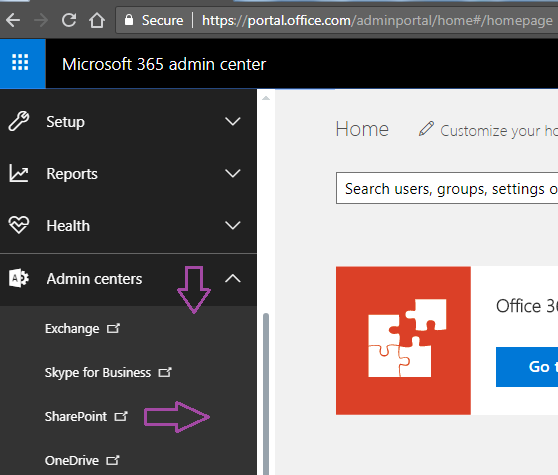
This happens automatically when you create a new group in Microsoft 365 Groups, or a team in Microsoft Teams. Ideally, each team should get their own site collection. SharePoint team sites are for collaboration. It’s worth noting that many of the Microsoft’s new features-like Microsoft 365 Groups, Teams, and modern group-connected team SharePoint sites-are designed to work with one site at the top level. You can also choose for them to share other things, like databases or a style library. In the modern SharePoint experience, all sites are site collections and are typically connected to a hub (more on hub sites below).Įverything within a site collection will also share some things, like the list of SharePoint groups. When you create security groups in SharePoint, they’re shared by the entire site collection-the structure of sites or boxes that are linked together. You can think of those boxes collectively as a site collection, because they are all connected through the same superior site-what we sometimes call the root site. Remember that box, the site, that’s holding all your lists, pages, and libraries? Well, now you have a few boxes that are linked together by a structure, a hierarchy. The next thing you need to make sure you understand is: what is a site collection? And inside of this box-inside your SharePoint site-are all your lists and document libraries. If you want to keep it simple, a SharePoint site is basically a box.

It’s important to understand the difference between: Compared to Classic SharePoint, the structure is much more flexible, meaning that it can easily be molded to fit the needs of your organization today, and as those needs change over time.īecause SharePoint plays such a big role in the Microsoft 365 universe, I just wanted to quickly recap the basic structure to make sure everyone is on the same page. The modern SharePoint experience is all about adaptability. Learn more about how SharePoint works with Microsoft Teams and Microsoft 365 Groups


 0 kommentar(er)
0 kommentar(er)
